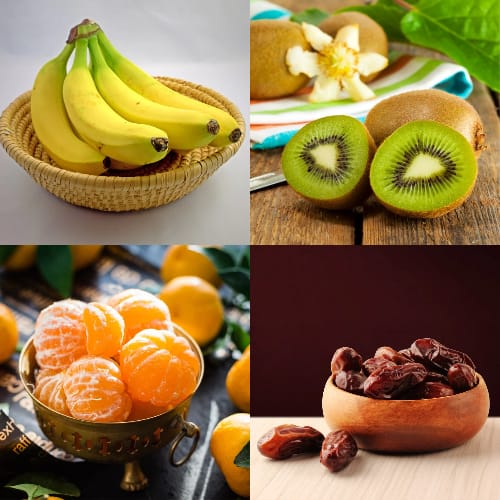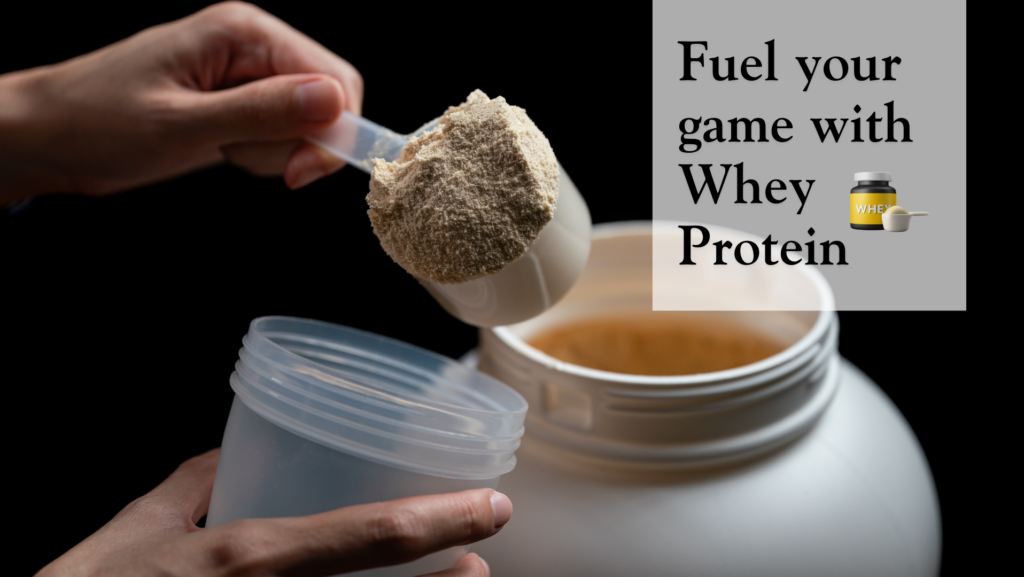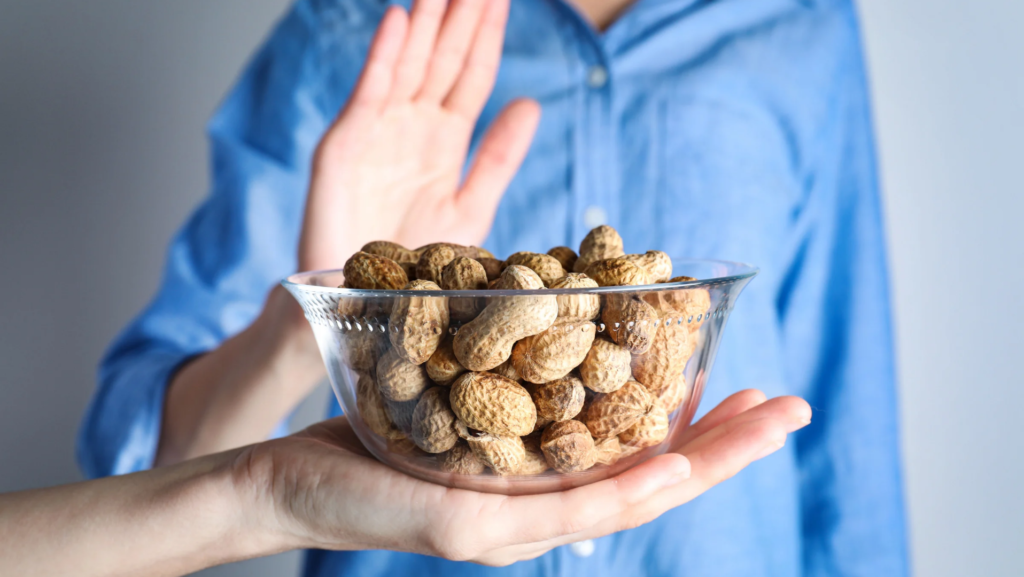
By Nutriworld | Dt. Dipanwita Saha
The kidneys are vital organs responsible for filtering waste, maintaining fluid balance, and regulating blood pressure. However, kidney health can deteriorate due to conditions like Chronic kidney disease (CKD), Diabetes, High blood pressure, and Infections. Understanding the warning signs, dietary restrictions, and smart eating strategies can help protect kidney function and improve overall well-being. The theme for World Kidney Day 2025 is Are your kidneys ok?Detect early, protect kidney health. This theme focuses on the urgent need for strategies that can help with the early detection of kidney diseases.
Warning Signs of Kidney Issues
Early detection of kidney problems is crucial to prevent complications. Be mindful of these common symptoms:
- Fatigue & Weakness: Damaged kidneys cannot produce enough erythropoietin (EPO), a hormone essential for red blood cell production. This can lead to anemia, causing fatigue, dizziness, and weakness.
- Swelling (Edema): When kidneys fail to remove excess sodium and fluids, swelling occurs in the feet, ankles, hands, or face.
- Changes in Urine: Changes in urination patterns can be an early sign of kidney issues. Frequent urination, especially at night, may indicate impaired kidney function, while reduced urine output or difficulty urinating could signal worsening kidney disease. Additionally, foamy or bubbly urine may suggest excess protein leakage, a common symptom of kidney damage. Dark, cloudy, or blood-tinged urine can also be a cause for concern, as it may indicate the presence of infection, kidney stones, or underlying kidney dysfunction.
- High Blood Pressure: Kidneys play a crucial role in regulating blood pressure. Uncontrolled high blood pressure can both cause and result from kidney disease.
- Loss of Appetite & Nausea: A buildup of toxins in the blood (uremia) can lead to nausea, loss of appetite, and an unpleasant metallic taste.
Nutrients to Restrict & Why
For individuals with kidney disease, certain nutrients must be controlled to prevent complications.
1. Potassium
- Function: Helps maintain heart and muscle function.
- Risk: Excess potassium (hyperkalemia) can cause irregular heartbeats and muscle weakness.
- Foods High in Potassium: Bananas, oranges, avocados, potatoes, spinach, and tomatoes.
2. Phosphorus
- Function: Supports bone strength and energy production.
- Risk: Too much phosphorus weakens bones and increases the risk of heart disease.
- Foods High in Phosphorus: Dairy products, nuts, seeds, whole grains, and dark sodas.
3. Sodium
- Function: Regulates fluid balance and blood pressure.
- Risk: High sodium intake can lead to hypertension and fluid retention, worsening kidney damage.
- Foods High in Sodium: Processed foods, canned soups, pickles, fast food, and salted snacks.
🥑 Potassium-Rich Fruits to Watch Out For
Many fruits are naturally high in potassium, which can be problematic for kidney patients. While these are generally healthy, they should be consumed in moderation:
- Bananas
- Oranges
- Avocados
- Cantaloupe
- Kiwi
- Dried fruits (raisins, dates)
Tip: Opt for lower-potassium fruits like apples, berries, grapes, and pears instead.

Smart Cooking Tips for Kidney Care
A kidney-friendly diet doesn’t have to be bland. Here are some simple adjustments to make meals healthier:
- Boil Vegetables – Boiling leaches out excess potassium from high-potassium vegetables like potatoes and carrots.
- Choose Fresh Over Processed – Fresh ingredients have lower sodium content than canned or processed foods.
- Use Herbs Instead of Salt – Basil, oregano, rosemary, and garlic can add flavor without increasing sodium intake.
- Rinse Canned Foods – If using canned vegetables or beans, rinse them thoroughly to remove excess sodium.
- Control Protein Intake – Too much protein can strain the kidneys, so stick to recommended portions.
Managing CKD & Diabetic Kidney Disease
People with CKD or diabetic kidney disease require a balanced diet to manage potassium, phosphorus, and blood sugar levels.
Balancing Potassium & Phosphorus: Choose low-potassium fruits and vegetables (e.g., apples, cabbage, bell peppers) and limit phosphorus-heavy foods.
- Monitor Carbohydrates: Choose complex carbs like whole grains in moderation to stabilize blood sugar.
- Select Lean Proteins: Opt for chicken, fish, or plant-based proteins like lentils (in controlled amounts).
- Hydrate Smartly: Drink water in recommended amounts based on your doctor’s advice.
Takeaway: Small Changes, Big Impact!
Protecting kidney health starts with mindful eating. By managing key nutrients like sodium, potassium, and phosphorus, you can slow disease progression and maintain overall well-being.
Simple changes can make a BIG difference! Start today by choosing kidney-friendly foods and working with healthcare professionals to create a sustainable, nutritious diet.

Hello! I'm Dietician Dipanwita Saha, a clinical dietitian and the founder of Nutriworld. I have a true passion for health and nutrition, and I've spent my career helping people improve their health through personalized diet plans based on science. Whether you're recovering from an illness, managing a health condition, or just striving for a balanced lifestyle, I believe that proper nutrition is essential for healing and overall well-being.
I believe that good nutrition can transform your health — and I’m here to guide you through it. If you’ve been struggling with weight issues, chronic health conditions, or recovery diets, I am here to help.
I OFFER :
I offer one-on-one diet consultations to help you achieve your health goals—whether it’s weight management, disease recovery, or overall wellness. My approach focuses on science-backed nutrition and practical meal plans that fit your lifestyle.
If you want expert guidance on nutrition and wellness, check out my online courses. I offer structured programs that cater to different health needs.
Here my courses:
For more practical diet tips, healthy recipes, and expert insights, subscribe to my YouTube channel. I regularly upload videos to simplify nutrition and help you make informed food choices.



